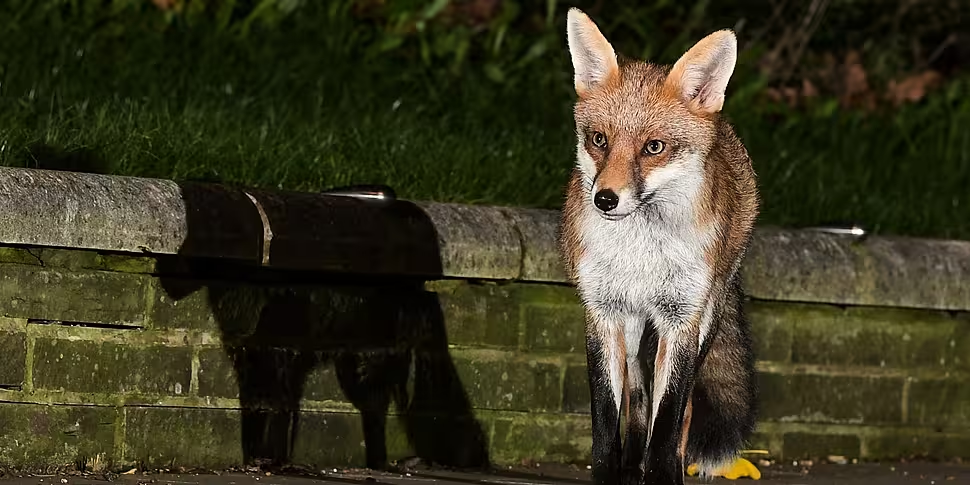With cities progressively making streets brighter at night to safeguard citizens, there are other consequences of well-lit urban areas that some people have failed to consider.
Wildlife, particularly nocturnal creatures, are suffering as a result of 24-hour lighting.
Johan Eklof, author of The Darkness Manifesto, joined Moncrieff to discuss how towns and cities are hurting wildlife.
"All pantanal animals evolved in a world where we have night and day and it's been around for three billion years", he explained.
"All of a sudden we start to put lights up and we don't have the night anymore and it of course affects everything, from bacteria to humans."
Safety
Mr Eklof acknowledges that there is a safety issue with his desire to rid the night of any light.
"Humans tend to be very visual, we like to see things."
"There are so many parking lots, church yards, public places where the lamps are on all night long and even when there's not people there."
Mr Eklof said it doesn't have to be all or nothing.
"We could start by having the lights on when we're actually there", he said.
Turning the lights off at night could have benefits for local councils and governments too.
Energy costs could be cut by up to 80% for areas that make the switch.
Nocturnal animals
Bats, which have been around for 50 million years, are nocturnal creatures that think light is dangerous.
"They don't want to be out when it's bright outside because then they can be taken by predator birds", he explained.
"They are just as afraid of the light as we are of the dark."
There is other human impact too.
"[Humans] have this sleep hormone melatonin, and you need darkness to produce melatonin", Mr Eklof explained.
"If you don't, it will affect other hormones in the body and you will get worse sleep."
Main image shows an urban fox at night. Picture by: Jason Hornblow/Alamy









